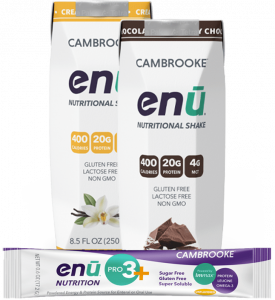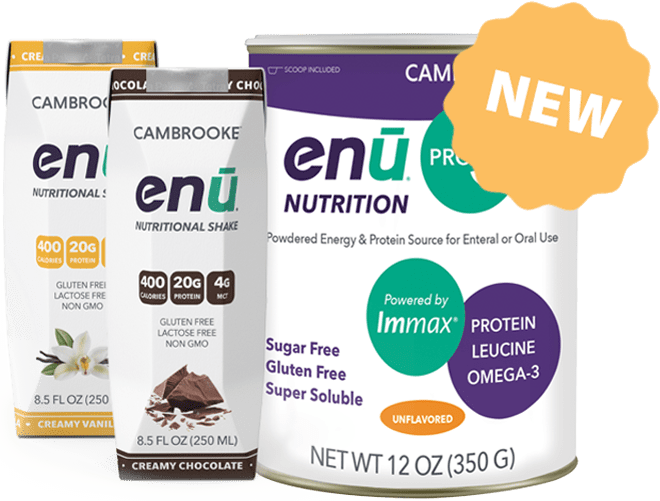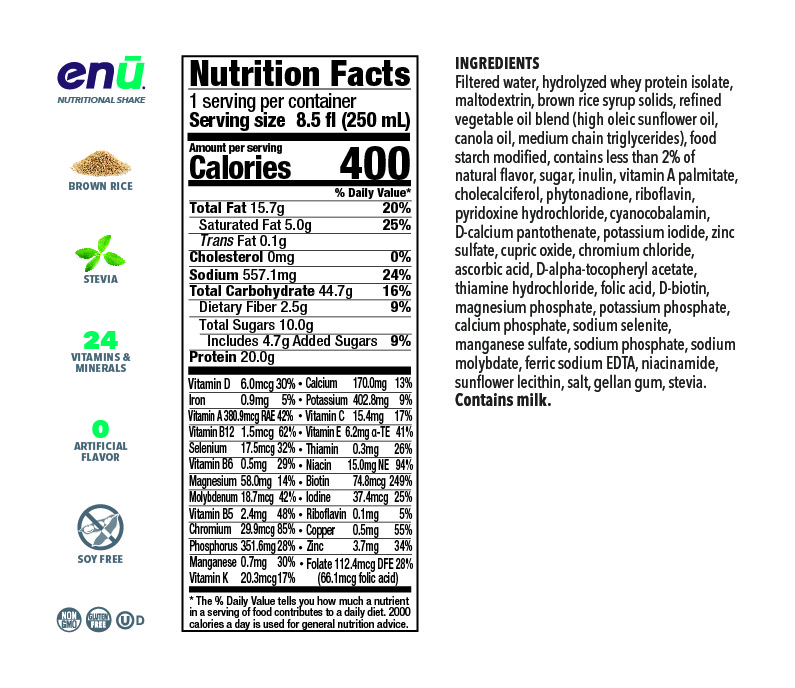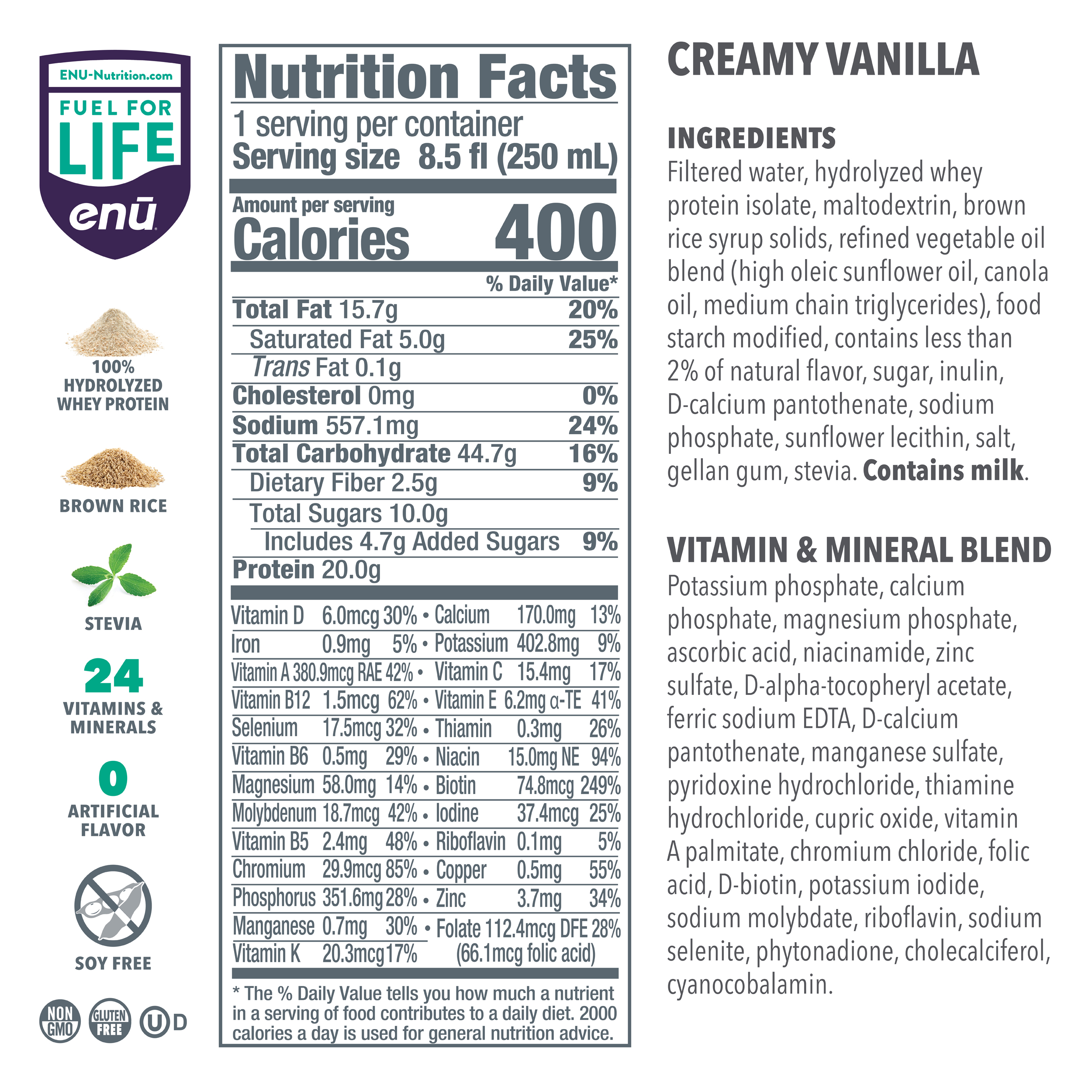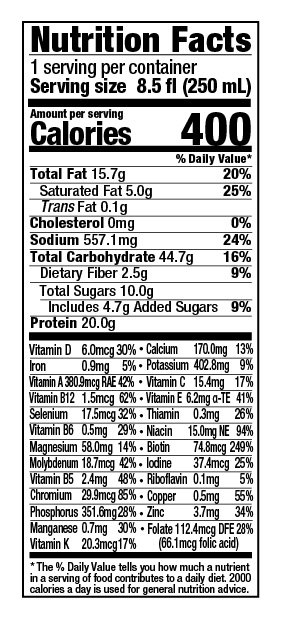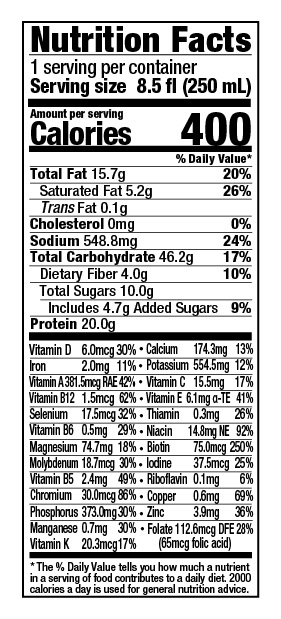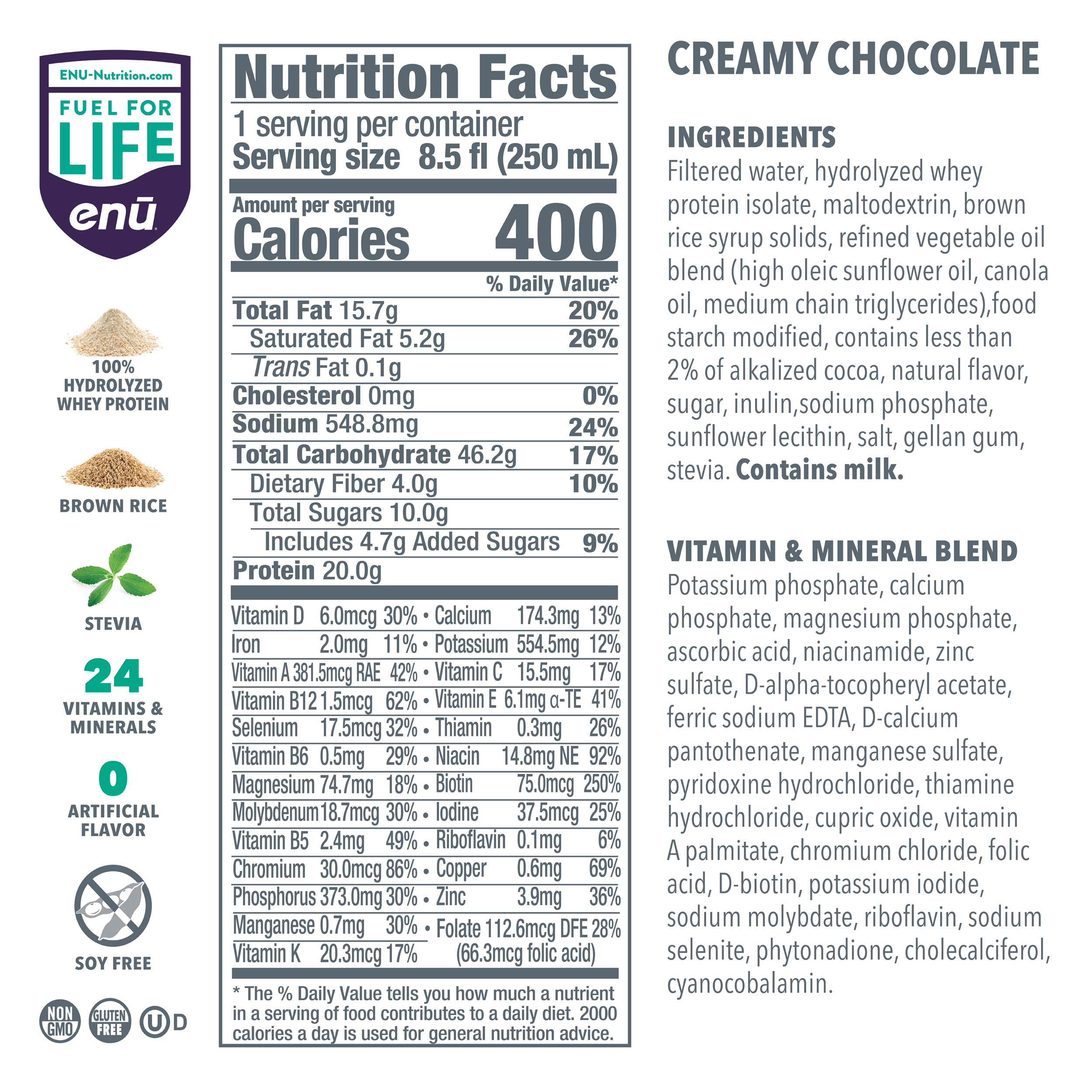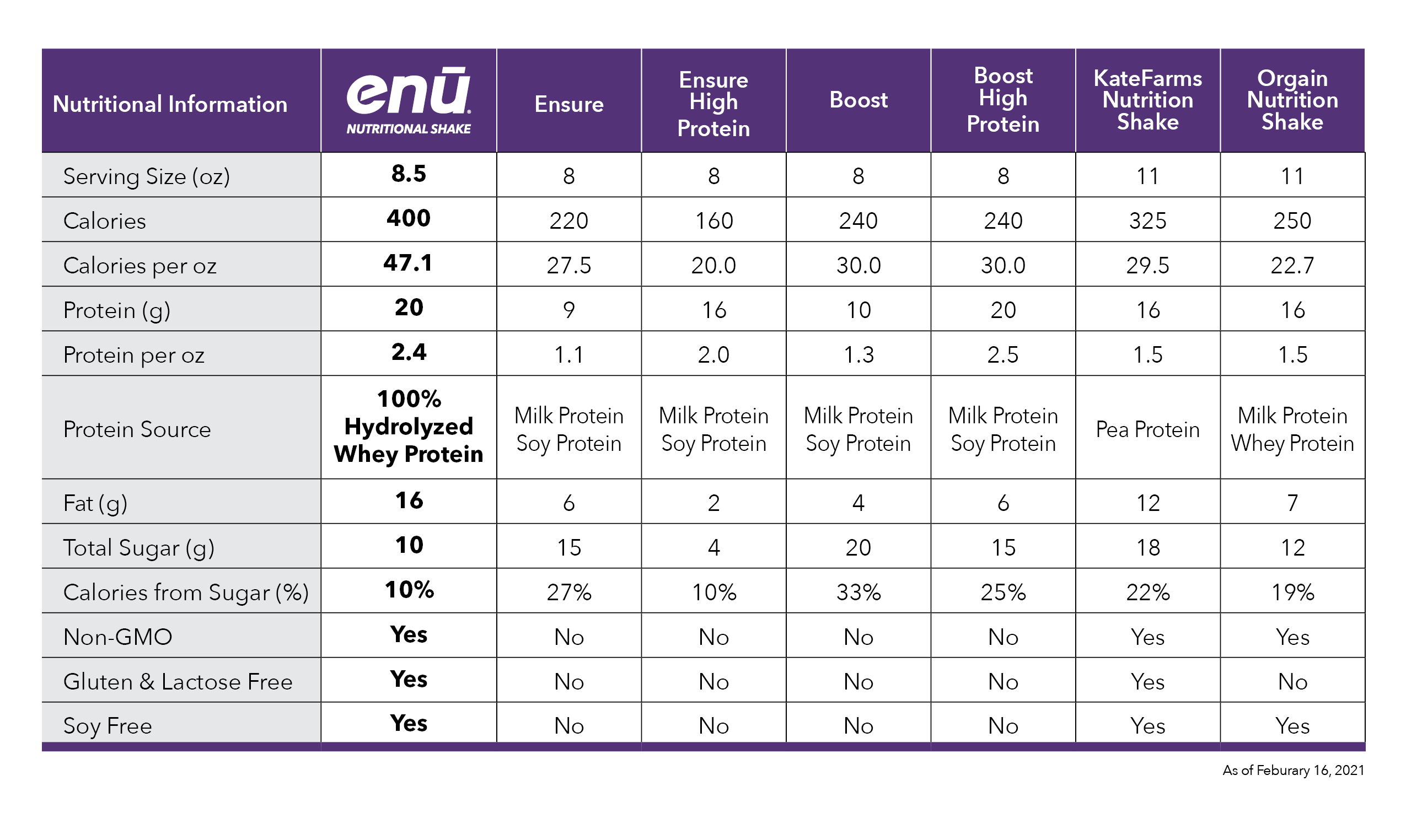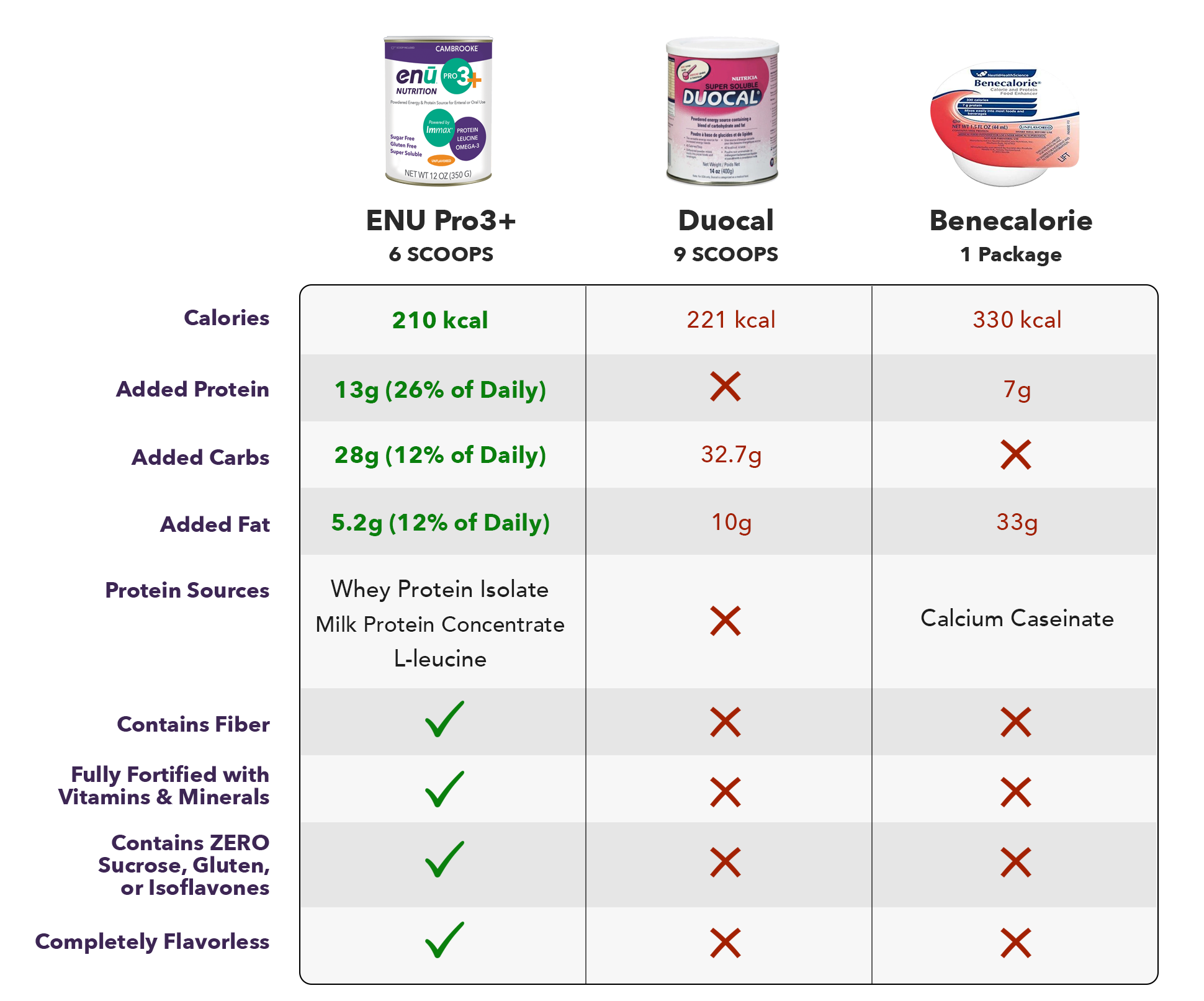
Get a FREE
ENU Intro Pack*
*Just Pay $2.00 Shipping
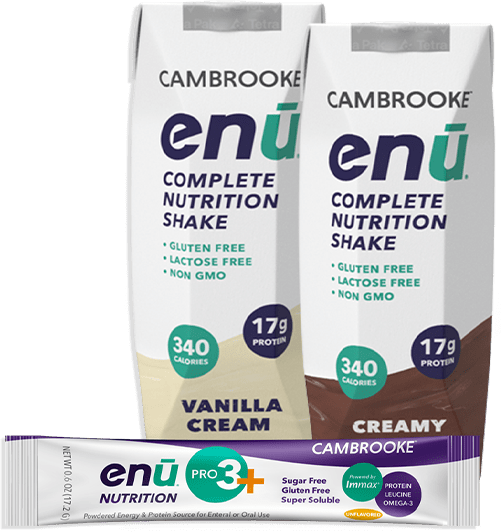
Is It Normal to Not Want to Eat?
References about in popular culture to wanting or needing to eat, with terms like “hangry” catching on precisely because the effects of not eating enough seem so commonplace. However, this experience is not universal, as there are plenty of people out there who often don’t want to eat, even as those around them claim to be starving or discuss their craving for a certain food. This disparity can be enough for a person to question whether the way that they’re feeling is normal or whether it’s a sign that something might be amiss within their bodies’ systems. In this piece, the team at ENU will discuss the question, “Is it normal to not want to eat?” and how you can maintain your weight with a reduced appetite. Keep reading to learn more.
Reasons Why You Might Not Want to Eat as Normal
Even though it might seem like your lack of a “normal” appetite sets you apart from your peers, it’s important to keep in mind that people’s levels of hunger can vary significantly based on their unique biological, genetic, and lifestyle idiosyncrasies. What would be considered a normal appetite for another person might involve consuming too much food for you, so don’t go thinking that you’re not normal just because you don’t want to eat when other people do.
Metabolism
Some of the reasons for this difference may be perfectly normal. For instance, everyone has their own basal metabolic rate – essentially, the rate at which the body burns calories. This process is what largely determines how many calories your body demands, so if you have a slow rate of metabolism, you may not want to eat as often as other people, simply because your body doesn’t need the same amount of fuel; this problem is quite common among seniors.
Minor Health Issues
In addition, there are some common health conditions that may cause you to not want to eat, in which case you can restore your appetite to normal by just treating the underlying cause. For instance, an infection anywhere in the body may have an effect on your appetite and cause you to not want to eat, even if you’d normally be hungry around that time. In this case, a course of antibiotics or some other appropriate treatment prescribed by your doctor may be able to address the issue.
Medication
And speaking of medication, it is not uncommon for a prescription drug to cause unexpected side effects, including a loss of appetite. If you recently started taking a medication, such as a chemotherapy drug, and have noticed that you don’t want to eat as often since beginning the regimen, it might be wise to bring up the issue with your doctor, as they are best qualified to determine whether your new medication could be negatively affecting your appetite.
Serious Illness
That said, there are some instances in which it is not normal to not want to eat, especially if this decrease in appetite is sudden and unexpected. A number of serious health problems can have an impact on a person’s desire to eat, including the following:
- Liver disease
- Diabetes
- HIV or AIDS
- Hypothyroidism
- Depression
- Anorexia
- Asthma
- Chronic obstructive pulmonary disease (COPD)
- Some types of cancer
Keep in mind that, taken by itself, not wanting to eat is certainly not enough to result in a diagnosis of cancer or any other serious illness. However, if your lack of appetite is accompanied by other symptoms that are not normal for you, such as fatigue, severe weight loss, chronic pain, or vomiting, then you should speak with your doctor right away.
What to Do If Don’t Want to Eat Like Normal
When you don’t want to eat as normal, it can be easy to forget that your body needs nourishment regardless. Despite your diminished appetite, it’s crucial that you give your body the nutrients it needs – and not just the basic calories either. Although they are certainly important for maintaining your weight, calories should be considered in addition to the vitamins, minerals, and macronutrients your system requires.
One way to do this is to aim for nutrient- and calorie-dense foods, such as whole grains and dairy products. It may also be worth incorporating meal replacement shakes into your diet; an ENU meal replacement shake, for instance, comes with 20 grams of protein, heart-healthy sources of fat, complex carbs for extended energy, and more than 20 vitamins and minerals. Whether you use an ENU shake or come up with your own homemade protein shake recipe, liquid calories can be easier to consume if you do not want to eat.
Additionally, changing when and how often you eat may help you get a normal, healthy amount of calories and nutrients, even if you don’t want to eat. Instead of 2-3 large meals, spread out your diet into 5-6 small ones throughout the day, as they will be easier to tolerate when you don’t have much of an appetite. Finally, adding condiments and sauces to your food can allow you to increase the number of calories you take in without adding to the volume of your food.
Healthy Meal Replacement Shakes and Nutritional Powders for When You Do Not Want to Eat
Keeping your body nourished when you don’t want to eat doesn’t have to feel like a chore. Adding an ENU meal replacement shake to your diet can make it easy to boost the amount of nutrients you’re getting, and our Pro3+ powdered nutritional supplement can add calories and protein to foods and beverages without greatly altering their taste or texture. To learn more about these products, visit ENU online or call (855) 266-6733 today.

